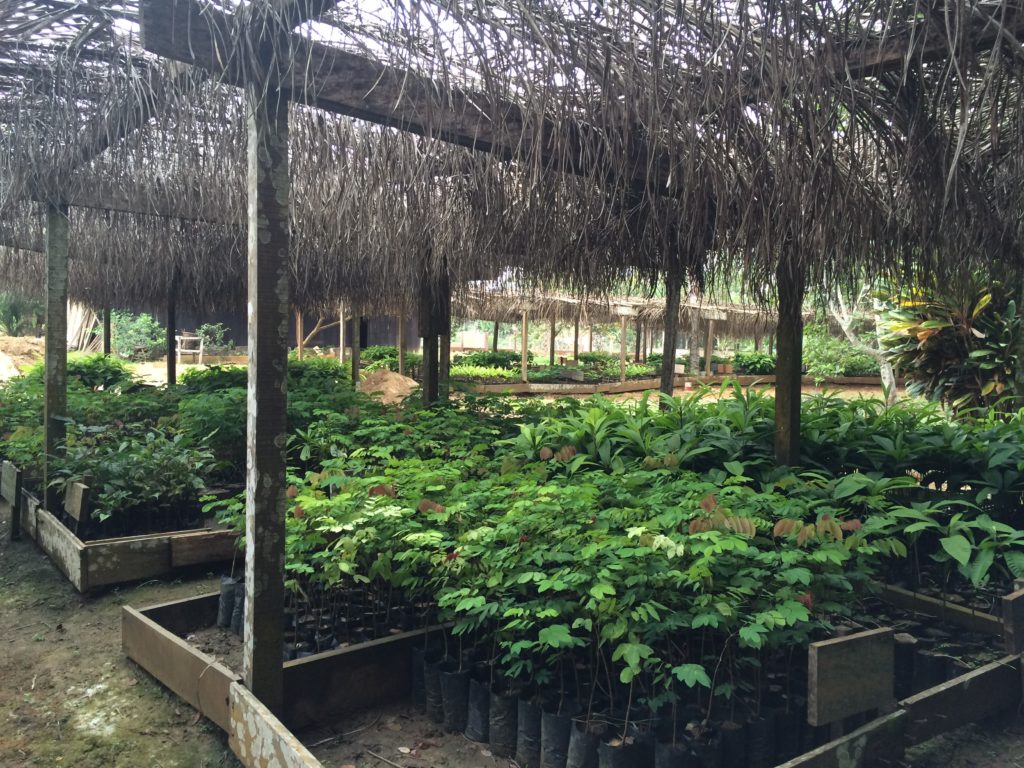

18.03.2020

Since 2013, ATIBT has been awarded a project financed by the French Global Environment Facility (FFEM) entitled « Integration of the tropical timber sector in Central and West Africa into the FLEGT and REDD+ mechanisms ». This project aims to make the private forest sector actively contribute to the sustainable management of tropical forests and to the socio-economic development of the target wood-producing countries through involvement in these mechanisms. The target countries of the project are (in alphabetical order) Cameroon, Congo, Côte d’Ivoire, Gabon and the Democratic Republic of Congo (DRC).
The first of the six components of this project concerns the participation of the forest private sector in the REDD+ mechanism, and aims to integrate private sector project opportunities into this mechanism through studies and pilot projects. The initial activities of this component were oriented towards awareness raising and the development of carbon certification projects: an opportunity study of the REDD+ mechanism for the private forest sector was conducted by ONFi in January 2017. Following the negative results of this study, it was decided to open the component to other themes, notably the fight against deforestation (through agriculture) and reforestation or afforestation.
Within this framework, three studies were implemented in 2018 to support the development of pilot project concepts for innovative plantations for timber, fuelwood and agricultural product needs:
In this year 2020 the latest studies have been launched. The general objective of these studies is to contribute to the evolution of the forest concession model in order to make the tropical rainforest a sustainable lever for the development of populations and territories. To ensure the diversification of activities aimed at securing wood resources, restoring degraded forests, and protecting forests not allocated as forest permits for overexploitation.
The specific objectives are as follows:
The agroforestry service is implemented by the ETICWOOD/Gembloux/Pallisco consortium under the leadership of Elsa Sanial.
The plantation service is implemented by the ONFI/CIRAD consortium under the leadership of Ghislain Jalaly.
The first phase of these two studies will make it possible to create a short list of sources of funding and technical support available to project leaders. These tools will serve as a guide for forestry companies wishing to embark on agroforestry and plantation projects. They will also be used by the FFEM and ATIBT as part of their orientation and work on the topics.
At the end of the first phase, the service providers will carry out feasibility studies to select two concrete projects with possible implementation in the short term. During the second phase, complete project proposals, including a financial plan, will be elaborated, allowing the two projects to be carried out in the field per component (agroforestry and timber plantation).
Forestry companies, having a potential project plan on these topics, and who wish to have them included in the study are invited to contact ATIBT. Kick-off workshops were held on 3 March 2020. The studies are being conducted in two phases and should be finalized by the end of June. However, we will see the impact of the current CORONAVIRUS situation, especially on the field mission.